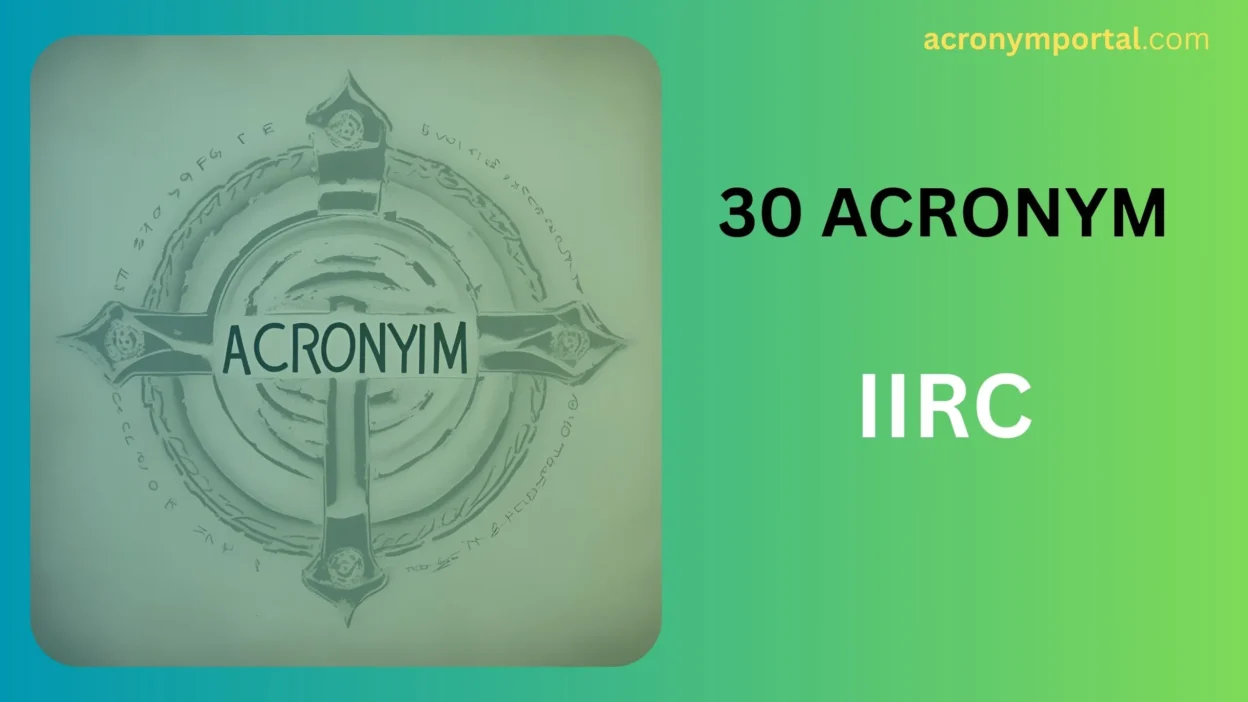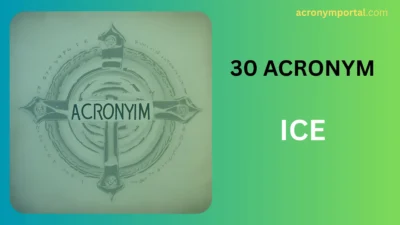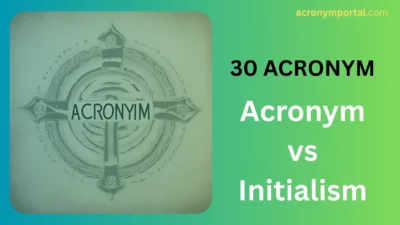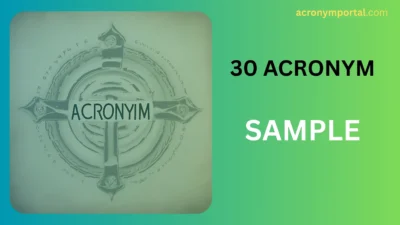What does “IIRC” mean?
IIRC stands for “If I Recall Correctly.”
It’s a humble, slightly cautious way to offer information you’re not 100% sure about. It implies:
📌 “I think this is true, but I’m open to being corrected.”
It’s often used:
- In online discussions
- When referencing facts from memory
- To soften a statement
So emotionally, IIRC reflects someone who is:
👉 Modest, reflective, uncertain, or intellectually humble.
It shows thoughtfulness, respect for accuracy, and a willingness to engage without dominating.
If you’re looking to express that “I think I’m right, but I could be wrong” energy in writing or speech, here are 30 great alternatives—from casual to formal, humble to academic.
🧠 30 Alternatives to “IIRC” – Explained with Examples
1. To the best of my knowledge
Meaning: This is what I believe to be true.
Example: To the best of my knowledge, the event starts at 6.
When to use: Polite, professional tone.
2. As far as I remember
Meaning: This is what I recall.
Example: As far as I remember, he was at the meeting.
When to use: Conversational, personal tone.
3. If memory serves
Meaning: If I’m remembering right.
Example: If memory serves, she lived in Paris for a year.
When to use: Slightly formal, good for essays or dialogue.
4. I believe
Meaning: I’m fairly confident this is true.
Example: I believe they already left the office.
When to use: Confident but still open-ended.
5. I think
Meaning: General statement of opinion or memory.
Example: I think that was in 2019.
When to use: Casual and universal.
6. I’m pretty sure
Meaning: I feel confident, but not 100%.
Example: I’m pretty sure it’s upstairs.
When to use: Friendly tone, good for in-person chat.
7. Off the top of my head
Meaning: My best guess without checking.
Example: Off the top of my head, I’d say it’s about 10 miles.
When to use: Casual and spontaneous tone.
8. From what I recall
Meaning: Based on my memory.
Example: From what I recall, it was a Friday.
When to use: Neutral tone, good for storytelling or reports.
9. As I recall
Meaning: Here’s how I remember it.
Example: As I recall, he wasn’t involved.
When to use: Formal or reflective tone.
10. To my recollection
Meaning: According to what I remember.
Example: To my recollection, the numbers matched.
When to use: Legal, academic, or detailed discussions.
11. Correct me if I’m wrong
Meaning: I might be mistaken.
Example: Correct me if I’m wrong, but isn’t that tomorrow?
When to use: Conversation, respectful disagreement.
12. I may be wrong, but…
Meaning: Humble statement of uncertainty.
Example: I may be wrong, but I think she quit last year.
When to use: Softens opinions in discussions.
13. I seem to remember
Meaning: Vague recollection.
Example: I seem to remember her saying no.
When to use: When you’re unsure or fuzzy.
14. If I’m not mistaken
Meaning: I believe this is right.
Example: If I’m not mistaken, we’ve met before.
When to use: Polite, semi-formal tone.
15. I could be wrong
Meaning: Acknowledge possible error.
Example: I could be wrong, but I thought it was blue.
When to use: Honest and humble tone.
16. From what I remember
Meaning: Based on my memory.
Example: From what I remember, it was his idea.
When to use: Personal storytelling.
17. It’s my understanding
Meaning: Here’s how I interpret it.
Example: It’s my understanding that they’re merging.
When to use: Business, discussions of policies or changes.
18. In my experience
Meaning: Speaking from what I’ve observed.
Example: In my experience, that rarely works.
When to use: Personal insight, especially in arguments.
19. Last I checked
Meaning: It was true the last time I knew.
Example: Last I checked, they were still hiring.
When to use: Casual, slightly sarcastic or witty tone.
20. Based on what I remember
Meaning: Memory-based info.
Example: Based on what I remember, she left early.
When to use: Polite or neutral tone.
21. From what I understand
Meaning: As I currently believe or interpret.
Example: From what I understand, the rules changed.
When to use: Good for evolving situations or policy discussions.
22. Unless I’m mistaken
Meaning: Open to correction.
Example: Unless I’m mistaken, we already solved that.
When to use: Helpful when lightly challenging someone.
23. I might be off
Meaning: I could be slightly incorrect.
Example: I might be off, but it was sometime in July.
When to use: Casual, self-deprecating tone.
24. Possibly
Meaning: There’s a chance this is true.
Example: Possibly the same guy from last year?
When to use: Vague but useful in brainstorming.
25. Maybe
Meaning: A softer statement of doubt.
Example: Maybe he mentioned that to you?
When to use: Light, casual tone.
26. Presumably
Meaning: This is a logical assumption.
Example: Presumably, they’ll cancel if it rains.
When to use: Slightly formal; used in reasoning.
27. Arguably
Meaning: This can be supported, but it’s not absolute.
Example: He’s arguably the best on the team.
When to use: Debate or analysis.
28. Reportedly
Meaning: According to what’s been said or heard.
Example: Reportedly, the project’s behind schedule.
When to use: When quoting others or rumors.
29. Allegedly
Meaning: Something claimed, not confirmed.
Example: Allegedly, he was seen at the scene.
When to use: Legal, cautious, or journalistic writing.
30. Supposedly
Meaning: Thought to be true.
Example: Supposedly, they’re launching next week.
When to use: Casual skepticism or secondhand info.
🧩 How to Choose the Right “IIRC” Alternative
Each of these options adds a different flavor to your sentence. Here’s how to pick:
- Casual vs. Formal: “I think” or “maybe” is casual. “Presumably” or “to the best of my knowledge” feels more professional.
- Confidence level: “I’m pretty sure” sounds confident. “I may be wrong” adds caution.
- Tone: “Last I checked” can sound playful or sarcastic. “Allegedly” is legal or serious.
- Context: “If memory serves” is great for writing. “From what I understand” works in debates or discussions.
💬 Final Thoughts
The “IIRC” mindset is about thoughtful contribution, not blind assertion. It shows you value truth over ego.
Whether you’re chatting online, writing an essay, or navigating a debate, these expressions let you share what you know—with humility, tact, and clarity.




